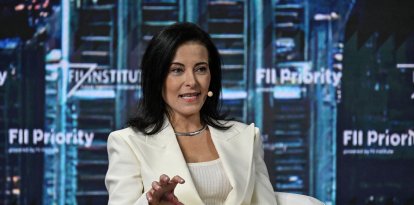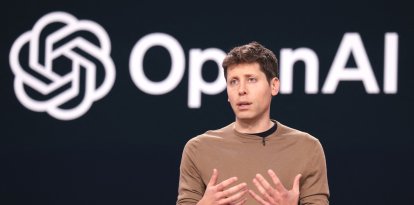OpenAI CEO calls for government intervention: AI "can go pretty wrong"
Sam Altman said his worst fear is that the technology industry will cause significant harm to the world.

Sam Altman / Wikimedia Commons.
This Tuesday OpenAI CEO Sam Altman spoke before the Senate Judiciary subcommittee on the importance of government regulation of artificial intelligence (AI) to mitigate the risks it could cause.
The expert explained that with the rapid development of technology, new dangers will also emerge, which is why he stated that it is necessary to create regulations for companies working on this type of intelligence.
"My worst fear is that we, the technology industry, will cause significant damage to the world," he said, highlighting that this could happen in many different ways. "If this technology goes wrong, it could go quite wrong," he added.
Altman commented that AI was very likely to affect jobs to a large extent, and acknowledged that the exact level of impact cannot yet be predicted. "We try to be very clear about that, and I think it will require a partnership between industry and government, but primarily government action to figure out how we want to mitigate that," he said.
The CEO even suggested creating a global security framework based on a set of standards and specific tests before AI is deployed around the world. "We would require independent audits by experts who can say that the model does or does not meet the established safety thresholds," he said.
The expert also pointed out that the development of technology could lead to disinformation and manipulation on a large scale.
Tech giants called for slowing down AI development
The concern of technology experts about the rapid development of artificial intelligence prompted the likes of Elon Musk, CEO of Tesla; Steve Wozniak,k co-founder of Apple; and Yoshua Bengio, 2018 Turing Award, to join with more than a thousand other signatories to request that the big AI labs pause for a while to regulating the development and use of new technologies.
"Advanced AI could represent a profound change in the history of life on Earth, and should be planned and managed with appropriate care and resources," the experts' letter noted.

























